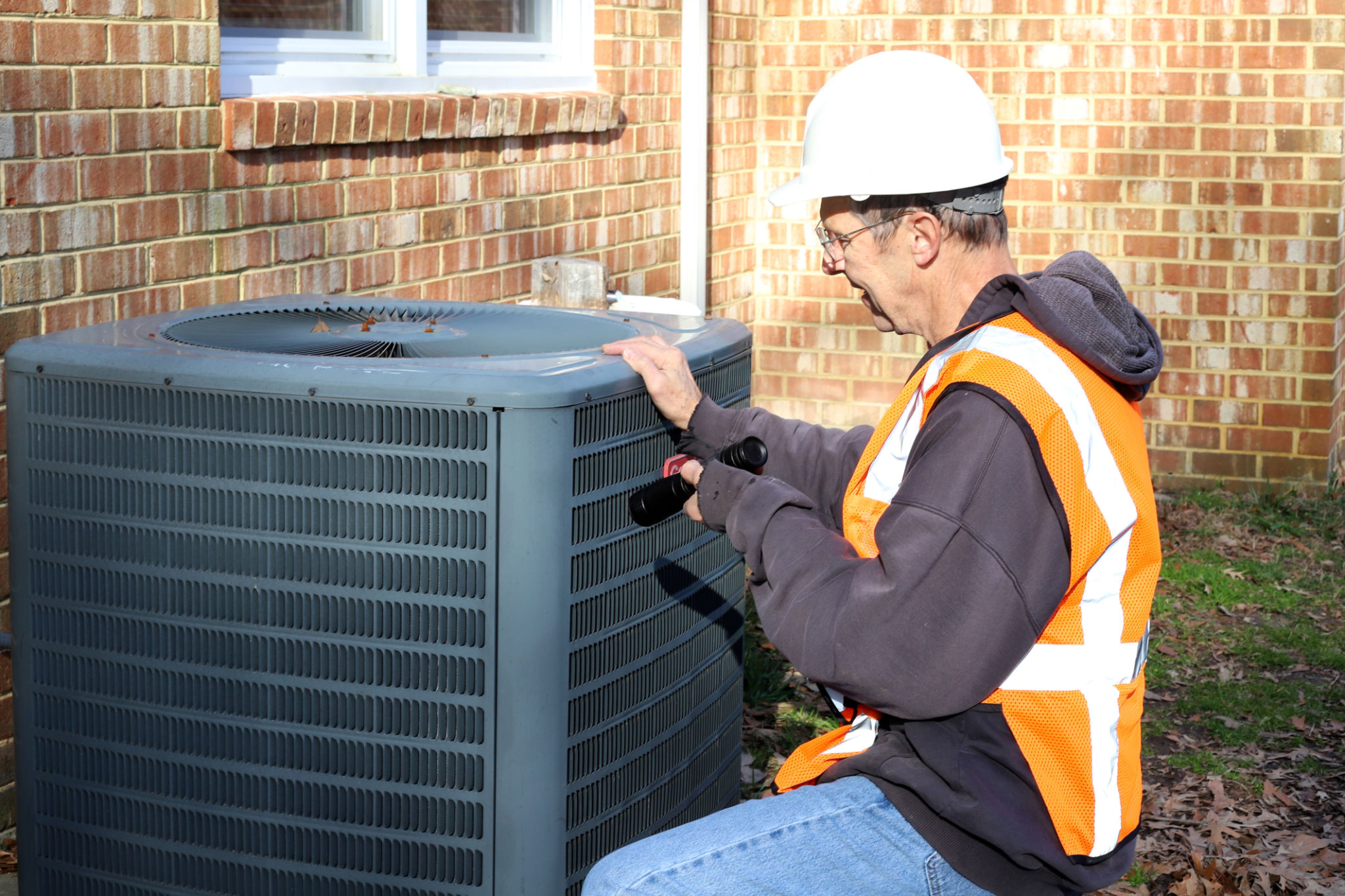Preparing for Monsoon Season: Energy Efficiency Tips for Singapore Households
Understanding the Monsoon Season in Singapore
The monsoon season in Singapore typically occurs twice a year, bringing heavy rains and increased humidity. While the lush environment is a welcome change, it also presents unique challenges for households looking to maintain energy efficiency. Understanding these challenges and preparing adequately can help you save on energy bills and reduce your carbon footprint.

Optimizing Home Insulation
Proper insulation is critical during the monsoon season as it helps maintain indoor temperatures, reducing the need for excessive use of air conditioning. Start by checking windows and doors for any gaps that could let in moisture and drafts. Use weatherstripping or caulk to seal these gaps effectively.
Consider installing thermal curtains or blinds to further insulate your home. These can help keep the indoor environment comfortable by preventing heat exchange through windows. This small investment can lead to significant savings on energy bills, particularly when air conditioners are used less frequently.
Efficient Use of Air Conditioning
Air conditioners are often overused during the monsoon season due to high humidity levels. To use them more efficiently, set the thermostat to a moderate temperature. A setting of around 25°C (77°F) is typically comfortable and energy-efficient.
Regular maintenance of air conditioning units is crucial for optimal performance. Clean or replace filters monthly to ensure the system operates efficiently. Dirty filters can increase energy consumption and reduce the quality of indoor air.

Utilizing Natural Ventilation
On cooler days, take advantage of natural ventilation to reduce reliance on mechanical cooling systems. Open windows and use fans to circulate fresh air throughout your home. This approach not only reduces energy consumption but also improves indoor air quality.
Ceiling fans can be particularly effective in maintaining a comfortable environment. They use significantly less energy than air conditioners and can help reduce humidity levels when used in conjunction with open windows.
Smart Use of Appliances
During the monsoon season, it's essential to be mindful of how household appliances are used. Simple practices like running full loads in the washing machine and dishwasher can help conserve water and energy.
- Use cold water settings in washing machines to save energy.
- Avoid using dryers when possible; opt for air-drying clothes instead.
- Unplug appliances when not in use to prevent phantom energy loss.

Lighting Efficiency
The increased cloud cover during monsoon season often leads to darker homes, prompting more frequent use of artificial lighting. Switching to LED bulbs is an easy and effective way to cut down on electricity usage while still enjoying bright lighting.
Consider installing motion sensors or timers for outdoor lighting. These devices ensure lights are only on when necessary, preventing unnecessary energy consumption.
Water Management
Efficient water management becomes crucial during monsoon season as heavy rains can lead to excess water usage or wastage. Install rainwater harvesting systems to collect rainwater for non-potable uses such as gardening or cleaning.
Check for leaks in plumbing fixtures and repair them promptly to prevent water wastage. Additionally, consider low-flow fixtures that can significantly reduce water consumption without sacrificing performance.
Conclusion
By taking proactive steps to improve energy efficiency, Singapore households can navigate the monsoon season with reduced environmental impact and lower utility bills. From optimizing insulation to smart appliance usage, these tips offer practical ways to make your home more sustainable during this rainy period.
